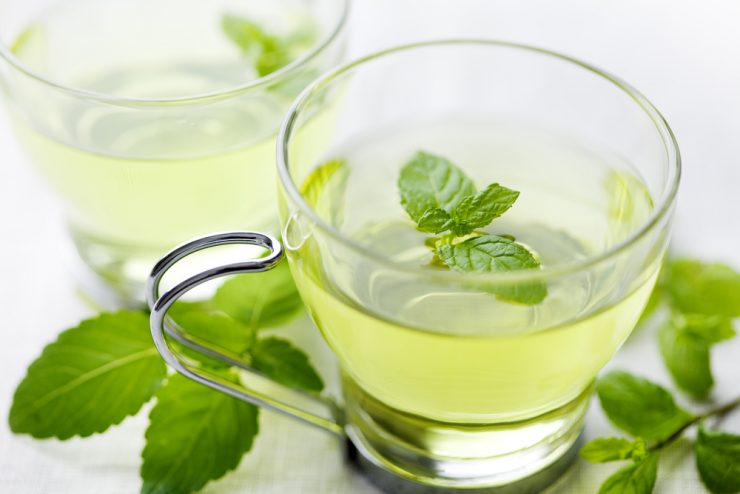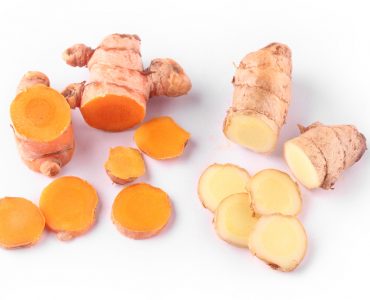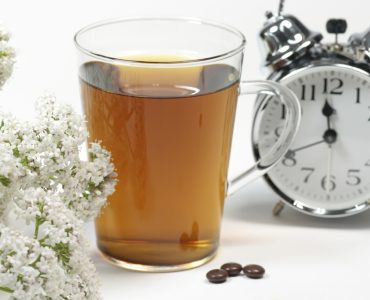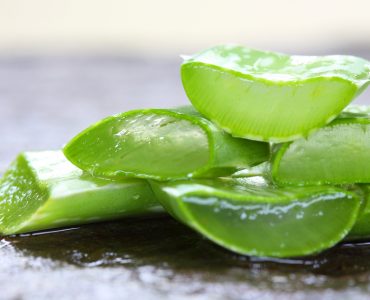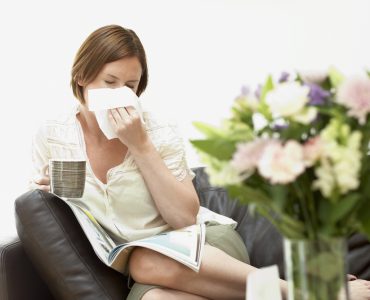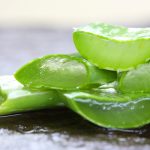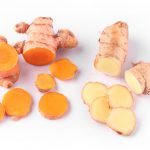Not every health problem calls for a trip to the doctor. Many common ailments are easy to treat at home, and there are also times when home remedies are more effective than anything a doctor can provide. It feels good to be able to take care of yourself and not have to go anywhere when you’re feeling rough. These are some of the most useful treatments you can prepare at home.
Coughs and colds
Coughs and colds are caused by viruses and can’t be cured by antibiotics. There are anti-viral medicines but they’re unpleasant to take and doctors prefer to prescribe them only in emergencies. This makes home remedies the best option.
Ginger tea relieves the queasiness associated with some colds. Add honey and it will also soothe a sore throat. A dash of lemon helps to reduce throat pain for longer by reducing swelling.
Many people keep thyme in their kitchens for cooking with. Soak two teaspoonfuls of it in hot water to make a tea, then drink it as hot as you can. It will reduce both swelling and soreness.
A really simple way to reduce swelling in your throat is to gargle with salt water. The salt draws out fluid from swollen tissue, helping your throat to relax and feel better. Make sure you gargle as far back in your throat as you can.
Cuts and bruises
Frequent, unexplained bruising should always get a doctor’s attention but for ordinary bruises an arnica ointment can work very well. It helps to reduce healing time as well as easing soreness immediately after application.
Applying sugar to an open wound can keep it from getting infected because the sugar soaks up the water needed by bacteria. Honey – especially manuka honey – is still more effective because it contains natural antibiotics produced by bees.
Treating a wound with turmeric helps it to heal faster because the spice promotes collagen production, helping the skin to knit back together. There’s also some evidence that it reduces scarring.
Massaging bruises with a small amount of vanilla extract helps to prevent them turning dark. It also reduces swelling and speeds up the healing process, but it should never be used on burns.
Indigestion
Peppermint has a naturally soothing, pain relieving effect. It also stops cramping in the gut and, because it relaxes muscles, makes it easier to expel gas by burping (which means you shouldn’t use it if you suffer from acid reflux). It’s best consumed as a tea.
If you have long term problems with constipation or diarrhea, slippery elm can help by increasing the production of mucus in the gut, helping to restore a healthy balance. don’t take it at the same time as other medicines as it can reduce their absorption.
Long term problems with gas are caused by the presence of bad bacteria in the gut. Artichoke leaf extract helps get rid of them – after two weeks of producing smelly feces your body should start to feel much better.
For acute nausea, nothing works as fast as biting down on a piece of candied ginger or ginger root. For ongoing nausea such as the kind caused by chemotherapy, drink ginger tea.
https://www.medicalnewstoday.com/articles/322394.php
https://www.ncbi.nlm.nih.gov/pubmed/17708384
https://www.stylecraze.com/articles/effective-home-remedies-for-bruises/#gref
https://www.healthline.com/health/home-remedies-for-indigestion#peppermint-tea
https://www.disabled-world.com/medical/alternative/homeremedies/


